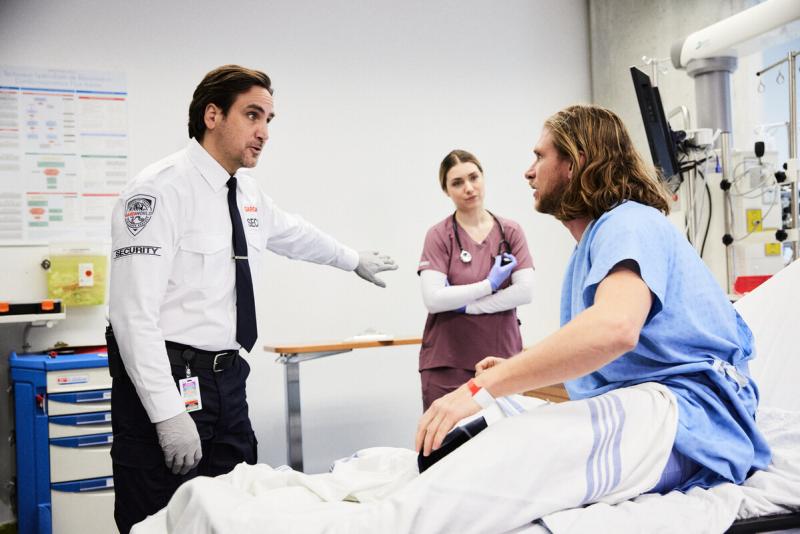
For several decades, GardaWorld has been providing customized security services for the healthcare industry. Lately, the industry is seeing a surge in crime and violence. However, we know that the closer the communications between caregivers and security, the greater the chances that we will be able to prevent an incident before it happens.
One of the most fascinating fields of research, for both healthcare and security, has been the study of trauma. Why does so much of the violence in our system occur in the care, treatment, and security of trauma victims? To find answers, we need to know more about trauma itself. Who are trauma patients, how can they be cared for, and how can we make them feel safe?
“Trauma is a lasting emotional response,” according to Jeff Young, National Director for Healthcare Security Services at GardaWorld. “It often results from living through a distressing event. Experiencing a traumatic event can harm a person’s sense of safety, sense of self, and ability to regulate emotions and navigate relationships.”
Mr. Young explains further, “Trauma in children can cause long-term effects on development and contribute to a host of other illnesses including mental health and addiction. Long after the traumatic event occurs, people with trauma can often feel shame, helplessness, powerlessness and intense fear.”
How has the healthcare industry adapted to meet the needs of trauma victims?
The healthcare industry has responded to the problem with Trauma-Informed Care (TIC). Through this program, caregivers learn about the effects of trauma, and how to create programs, spaces, and policies that place priority on trauma survivors' safety, choice, and control.
“Trauma-informed care shifts the focus from ‘What’s wrong with you?’ to "What happened to you?"
Jeff Young, National Director for Healthcare, GardaWorld
Mr. Young adds, “Trauma-informed caregivers know trauma is often tied to substance use, mental illness, stigma, health care access barriers, and other challenges. Recognizing this link, both health and security trauma professionals must ensure the patients feel safe and are not re-traumatized by their care.”
Healthcare security and trauma-informed care: communication and cooperation
Both caregivers and security professionals must acknowledge that a patient may be a trauma survivor. As a trauma survivor, interactions or the presence of security personnel may affect the patient’s actions, increasing the chance of aggressive or violent behavior.
The goal of every health and security professional dealing with the care and safety of trauma patients is to eliminate “triggers” in the workplace environment. This is far easier said than done.
- Trauma triggers can be anything that reminds a victim of their past trauma. It could be a certain smell, a particular song or sound, or a piece of clothing
- Triggers are unique to the individual. Chances are, two people who experience a similar traumatic event won’t share triggers or have the same symptoms afterward
- When someone encounters a trigger after trauma, a strong emotional and behavioral reaction comes over them. It’s as if they are reliving that trauma all over again
- For people who have experienced trauma, triggers can be terrifying, all-consuming, and can seemingly come out of nowhere
Many things in a hospital can be triggering. This can include security personnel. Often trauma victims are from marginalized portions of society and may have already had a history of poor experiences with law enforcement and authority. Security may represent law enforcement to many of them.
For that reason, GardaWorld healthcare security officers are alert for any triggers that may affect an interaction. Front-line security staff are often included in Trauma-Informed Care training. According to Mr. Young, “We train our healthcare security team, not to exude enforcement, but rather empathy. We are there to ensure a safe environment for all.”








